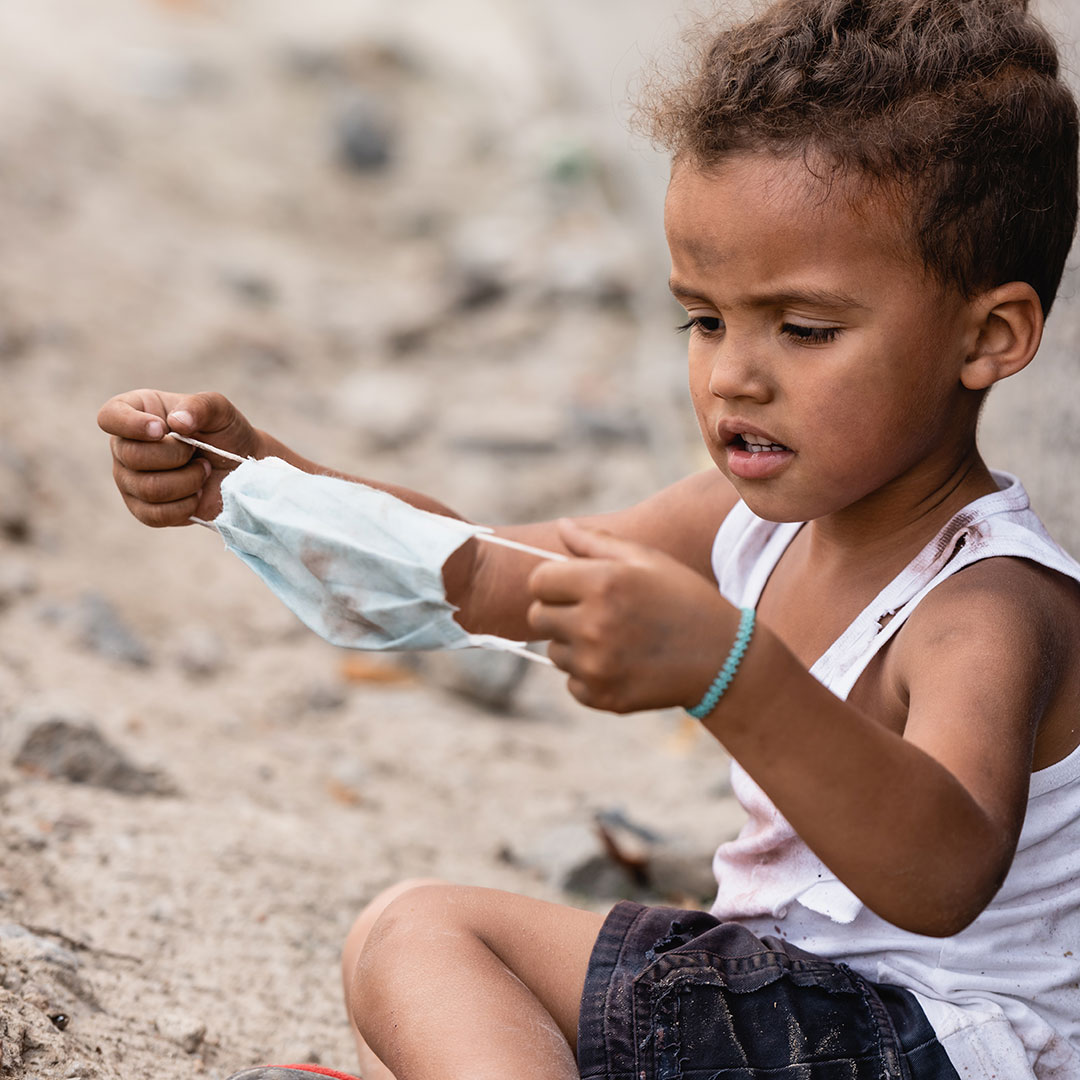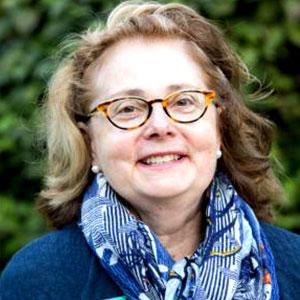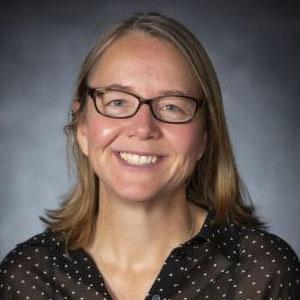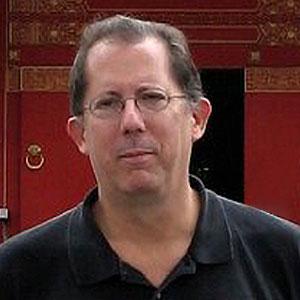How We Can Protect Children from Environmental Impacts

WHEN
Thursday, March 25, 2021
11:00 a.m. - 12:00 p.m. PT
LOCATION
Online
Zoom
PRICE
Free
How We Can Protect Children from Environmental Impacts from WWU Alumni Association on Vimeo.
A Speaker Series:
Toxicology and Societies
The Impacts of Chemicals in Our Lives
Brought to you in partnership with the Huxley's Institute of Environmental Toxicology and Chemistry and the WWU Alumni Association
Please join us for the next speaker in our series on Toxicology and Societies: The Impacts of Chemicals in our Lives about Developing New Windows to Understand How we can Protect Children from Environmental Impacts.
Public Health researchers prioritize protecting children from environmental impacts that may affect their wellbeing and development. WHO (World Health Organization) initiatives that focus on prevention of non-communicable disease have brought an international focus to environmental health for children. Three new integrating concepts support these approaches. First, increasing recognition of the importance of considering Life course concepts in understanding normal as well as altered development provides an expanded basis for our comparisons. Second, understanding new genomic integration has helped define key pathways that define both healthy development as well as how such processes can be altered. Third, concepts of an Exposome has better identified how we characterize environmental exposures and windows of sensitivity when we conduct and evaluate children’s cohort studies. Examples for each of these concepts will be discussed and a framework for integrating risk assessments across species and research findings will be presented using illustrations from a Washington state children’s study.
Our vision in developing this series was to support a better understanding of something that affects all of us. There are over 300,000 chemicals being produced and used in almost everything we wear, eat, and drink. How can you ever hope to understand when and where you or your family might be at risk from some of these chemicals? The short answer is, you can’t know everything about all of these substances, but you can learn more about how toxicology (the study of toxic substances) affects you and your society.
This seminar series aims to help you better appreciate, understand, and evaluate the many ways that manufactured chemicals interact with all humans on Earth.
More information about the speaker series is available here.

Dr. Elaine Faustman
Presenter
Dr. Elaine Faustman is a toxicologist and Professor in the University of Washington Department of Environmental & Occupational Health Sciences and Director of the Institute for Risk Analysis and Risk Communication (IRARC).
Dr. Faustman received the 2019 Merit Award from the International Union of Toxicology for her intellectual contributions to the field and a career dedicated to mentoring scientists around the world. She also was elected in 2019 to the Washington State Academy of Sciences, recognizing her work on risk assessment of chemical hazards and her contributions in neurodevelopmental toxicology.

Ruth Sofield
Co-Host
Ruth Sofield is a Professor of environmental toxicology and chemistry in the College of the Environment. She received her PhD and MS in Environmental Science and Engineering at the Colorado School of Mines. Ruth’s research group focuses on the effects of water and air pollution. Their current projects include the aquatic toxicity of microplastic and tire wear particles, and the use of moss as a biomonitoring tool for particulate matter. Ruth is a member of the Puget Sound Partnership Science Panel and the President of the Pacific Northwest Society of Environmental Toxicology and Chemistry.

Tracy Collier
Co-Host
Tracy Collier received his PhD in Fisheries Sciences from the University of Washington. He has worked for over 45 years as a toxicologist, with more than 35 of those years spent at NOAA’s Northwest Fisheries Science Center, where he served as the director of a science division that employed up to 100 people, covering several disciplines, including environmental toxicology, analytical chemistry, harmful algal blooms, and watershed processes. He has over 175 scientific publications, and currently is an affiliate faculty at Western.
Spring Quarter Upcoming Talks
April 8, 2021
Title: Were There Excess Fetal Deaths from Waterborne Lead Exposure During the Flint Water Crisis?
Speaker: Siddhartha Roy (Virginia Tech)
April 22, 2021
Title: The Radium Girls: The Dark Story of America's Shining Women
Speaker: Kate Moore (Author)
May 6, 2021
Title: Toxics and Indigenous Environmental Injustice in the Great Lakes Region of North America
Speaker: Jessica Koski (Bureau of Indian Affairs Midwest Region and member of the Keweenaw Bay Indian Community in Michigan's Upper Peninsula)
May 20, 2021
Title: Challenges of Treating PFAS, the Forever Chemical
Speaker: Michelle Crimi (Clarkson University, Department of Civil and Environmental Engineering)
June 3, 2021
Title: TBD
Speaker: Linda Birnbaum (American toxicologist, microbiologist and the former director of the National Institute for Environmental Health Sciences)
Questions and Accommodations
Contact the WWU Alumni Association for this event. Feel free to call at (360) 650-3353 or email at alumni@wwu.edu if you have any questions or comments.
There will be auto-captions available for this event. To request closed captions, please mark the request on the registration form. Advance notice of three days to one week is appreciated.